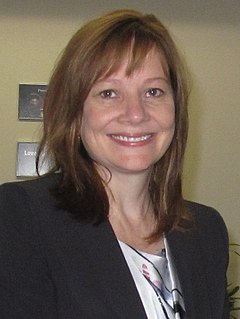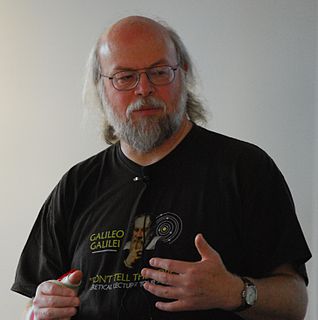A Quote by Ted Wheeler
We can't simply dismiss the idea that autonomous vehicles are going to be a big part of our transportation system.
Related Quotes
Autonomous vehicles, because they'll be able to operate at a lower cost, will be able to pull more consumers into the Lyft network. And as you have more people switching from using their own car, they'll be taking more rides that still require a person behind the wheel. We think that in the foreseeable future of the next five-plus years, the number of human drivers we need on the road is going to keep going up. Longer term, of course, when the cars are fully autonomous, there will be a big shift.
Education is the lifeline of the city of Boston in a lot of ways, as far as preparing and educating young people for the future. So when we think about that - I would love to have the $25 million dollar investment we made up to close the gap on charter schools. I'd love to make that investment in a different part of the school system if we could. The money that we're trying to adjust on transportation, I would love to, if we can save money in transportation - that's not going to be a savings, that's going to come into the general fund, that's going to be reinvested in the school.
Natural gas will displace coal in power generation. Getting natural gas into the transportation fleet is harder. It works best for vehicles that work from centralized fueling facilities like trucking fleets or buses and cabs. That is happening. Before it can make big inroads beyond that, infrastructure is going to need to be developed.
Practical European socialists have embraced the idea that the government has a role in healthcare and in supporting strong transportation systems that do not depend entirely on individual motor vehicles. And it turns out we're all socialists now, and there are very few Americans who understand that.

































